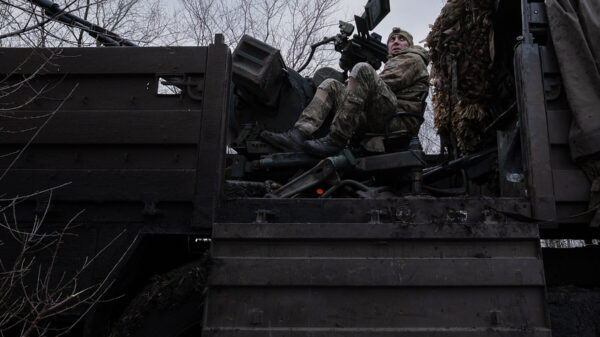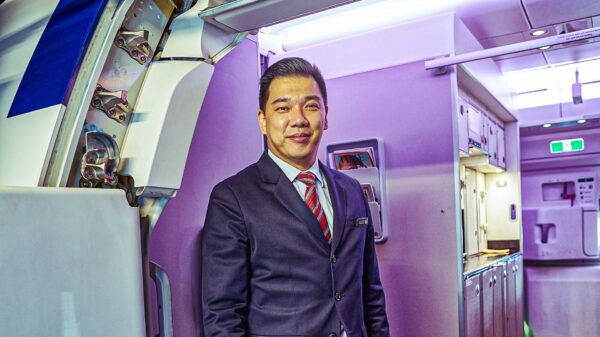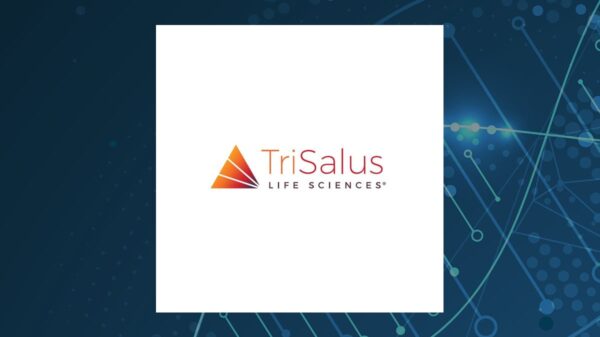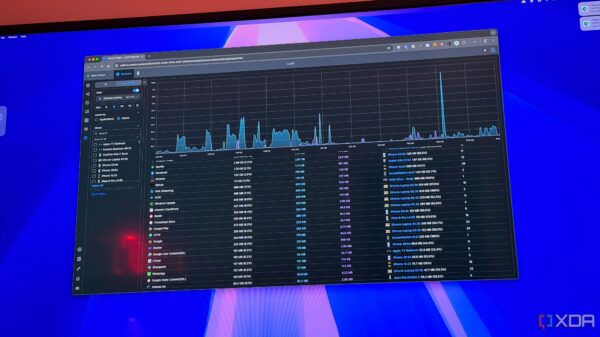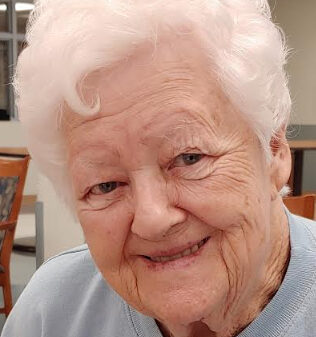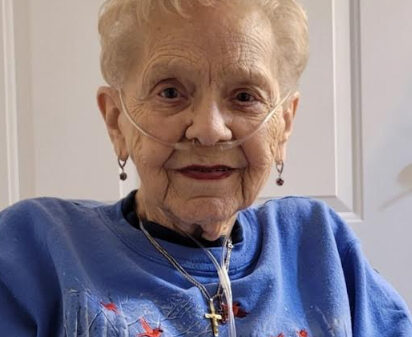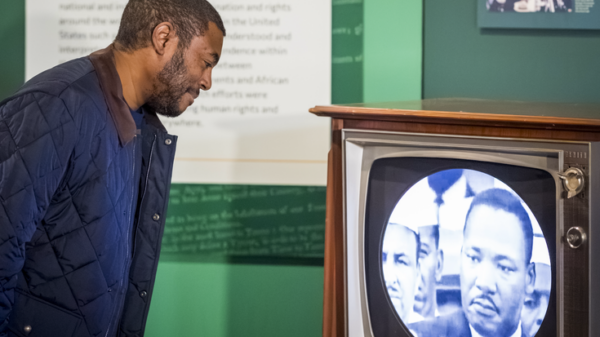Allison Williams has opened up about her emotional journey following a life-altering experience: her emergency C-section in 2021. In a candid reflection, the actress shared details about her recovery process and how the event reshaped her perspective on motherhood and personal strength.
In an interview, Williams described the day of her C-section as both terrifying and transformative. Faced with a medical emergency, she had to make quick decisions that would impact her and her newborn’s health. The experience was overwhelming, filled with a mix of fear and relief as her child was brought into the world.
Emotional Recovery and Reflection
Four years after the event, Williams reflected on the emotional toll it took on her. She emphasized that recovery was not just physical but deeply psychological as well. The C-section left her with feelings of vulnerability, but it also highlighted her resilience. Williams stated, “I had to learn how to navigate this new reality, combining my identity as a mother with the unexpected challenges that came my way.”
During her recovery, Williams sought support from other mothers who had experienced similar situations. This community became a crucial part of her healing process. She noted that sharing stories and emotions helped her feel less isolated and more empowered in her role as a parent.
Williams also discussed the societal pressures surrounding childbirth and recovery. She voiced concern about the unrealistic expectations placed on new mothers, particularly regarding body image and postpartum health. She encouraged open conversations about these topics, advocating for greater understanding and support for women during this transformative period.
Changing Perspectives on Motherhood
The experience of her C-section has led Williams to reassess her definition of motherhood. She now views it as a journey filled with both challenges and joys. The actress expressed gratitude for her health and the health of her child, recognizing that not all women have the same experience.
This reflection comes at a time when maternal health issues are gaining increased attention globally. According to the World Health Organization, complications during childbirth can lead to serious health risks, and discussions about maternal care are critical for improving outcomes.
Williams hopes her story will inspire others to share their experiences, fostering a community where mothers can support one another. By openly discussing her journey, she aims to break down stigmas and encourage a more compassionate dialogue around childbirth and recovery.
In closing, Allison Williams’ candid reflections on her emergency C-section underscore the profound impact such experiences can have on women’s lives. Her journey highlights the importance of emotional recovery, community support, and the need for open discussions about motherhood. As she continues to navigate her role as a mother, Williams remains dedicated to advocating for change in how society views and supports new parents.






